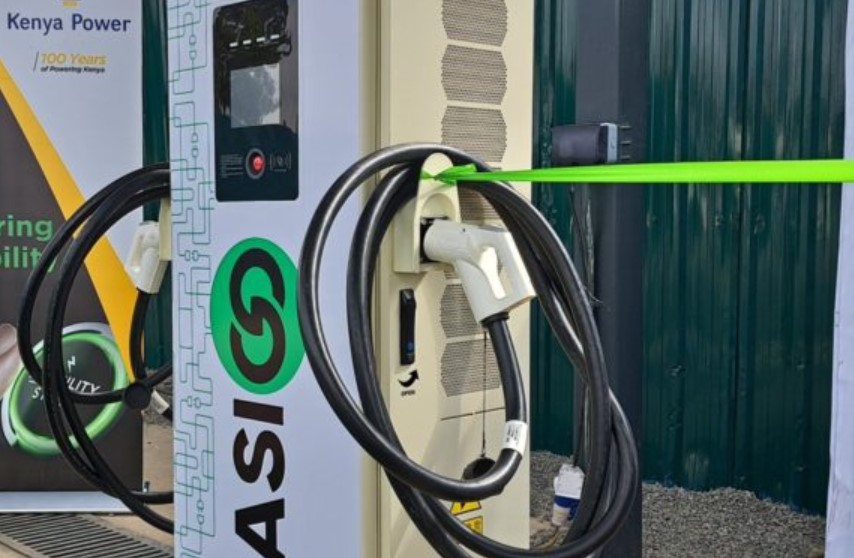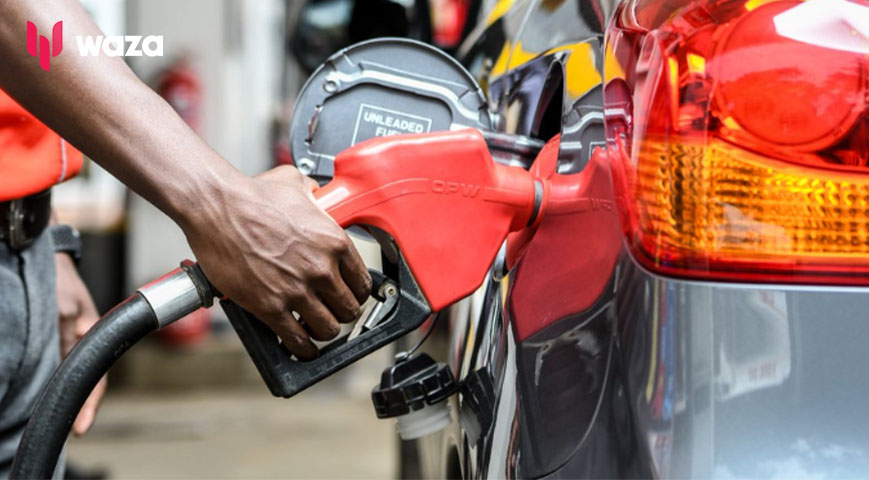Kenyans seeking to establish electric vehicle (EV) charging and battery swapping stations can now venture into the business after the Energy and Petroleum Regulatory Authority (EPRA) announced opening license application.
In a statement during the unveiling of the EV Charging and Battery Swapping Infrastructure Guidelines, 2023, EPRA made the announcement which seeks to boost e-mobility adoption in the country.
“Any person intending to install a public or private charging station or a battery swapping station at a place of their choice can now apply for a licence from EPRA with all charging equipment expected to be those certified by the Kenya Bureau of Standards,” EPRA said.
However, only certified charging equipment will be approved by the regulator.
Speaking during the launch, EPRA Director General Daniel Kiptoo Bargoria, said transitions to clean vehicles and two- and three-wheelers have been on the rise lately as the country seeks to reduce carbon dioxide emissions impact on the environment, causing a slate of climate change-related consequences such as flooding and extended drought.
Did you read this?
Further, he said that the transport sector alone directly accounts for about 13 per cent of the total emissions and is growing.
“These guidelines add to the milestones that have already been achieved by the government in the e-mobility agenda. Overall, they ensure that charging infrastructure is accessible to all including persons with disability, are affordable, that they are placed along major highways for long-distance travellers and that there are guidelines for home charging ports among others.”
The guidelines will also provide an adoption framework aimed at contributing positively to investments in e-mobility and instilling confidence in its uptake.
“The guidelines go beyond providing a framework for charging ports and battery swapping stations to giving investors the confidence derived in knowing what is required of them during instalment,” he noted.
On his part, Energy and Petroleum Cabinet Secretary Davis Chirchir said that electric mobility has the potential to increase how efficiently Kenyans consume electricity, ensuring that idle capacity is utilized during the off-peak period.
“We have noted that about 70 per cent of charging by most electric buses and motorbikes is done during the off-peak period,” Chirchir said.












